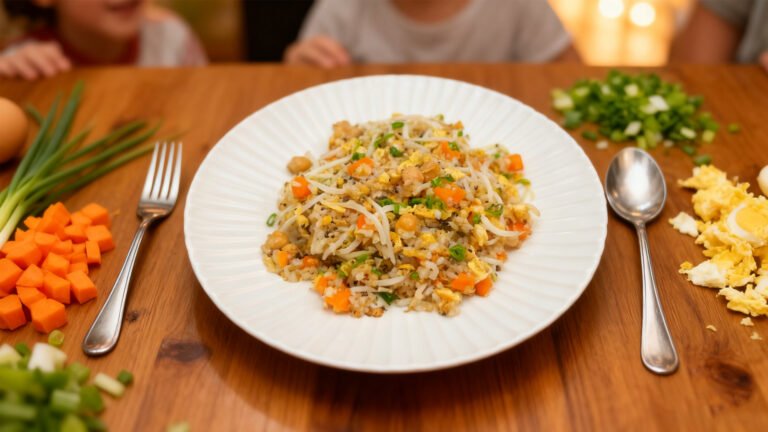
Contact Us through info@lovekonjac.com
The American Diabetes Association (ADA) suggests that carb intake should be tailored to each individual’s health goals, activity levels, and metabolic health. Typically, a starting point might be 45-60 grams of carbohydrates per meal, but this can vary widely.
Carbohydrates are one of the primary macronutrients found in foods and drinks, primarily sourced from plants. They play an essential role in providing energy to the body, with each gram of carbohydrate providing four calories of energy.
Carbohydrates are classified into two main types: simple carbohydrates and complex carbohydrates. Simple carbs, found in sugary foods and beverages, are quickly absorbed by the body and can cause rapid spikes in blood sugar. On the other hand, complex carbs, present in whole grains, fruits, and vegetables, are digested more slowly, resulting in a gradual rise in blood sugar levels.
Carbohydrates directly impact blood glucose levels more significantly than proteins and fats. Upon digestion, carbs break down into glucose, entering the bloodstream and prompting the release of insulin. For individuals with diabetes, managing this process through diet is critical to maintaining stable blood glucose levels.
A low-carb diet can be particularly beneficial for diabetics as it helps reduce the demand for insulin and can significantly improve blood sugar control. Studies have shown that low-carb diets can also lead to weight loss and improved heart health, both of which are crucial for managing diabetes effectively. Such diets often emphasize higher intake of proteins and fats, which can help sustain energy levels without causing sharp increases in blood sugar.
Meal planning can be a daunting task for people with diabetes, both in terms of controlling carbohydrate intake and ensuring that meals are nutritious and satisfying. Incorporating a variety of whole, unprocessed foods with a low glycemic index can make meal planning easier. Foods such as leafy greens, eggs, most seafood, meats, and high-fiber fruits like berries are excellent choices.. For those of you who prefer rice and pasta, we recommend that you consume our Konjac Noodles and Konjac Rice instead. Our konjac noodles are only 0.6carb per 100g, Sugar free , fat free, gluten free, etc., very suitable for diabetic people to eat.
Foods high in refined sugars and starches, such as white bread, pasta, rice, and sugary snacks, should be limited. These foods can cause rapid spikes in blood sugar and are not conducive to managing diabetes. Instead, opting for whole grains and complex carbohydrates that have a slower effect on blood glucose is recommended.
Factors Influencing Individual Needs
Each diabetic’s carbohydrate needs can vary significantly based on factors like age, weight, activity level, and overall health. It’s important for individuals to monitor their blood sugar responses to different foods and adjust their carbohydrate intake accordingly.
Regular consultation with healthcare providers is essential for managing diabetes effectively. They can provide personalized advice based on continuous glucose monitoring results and help adjust diet plans to better suit individual health needs.